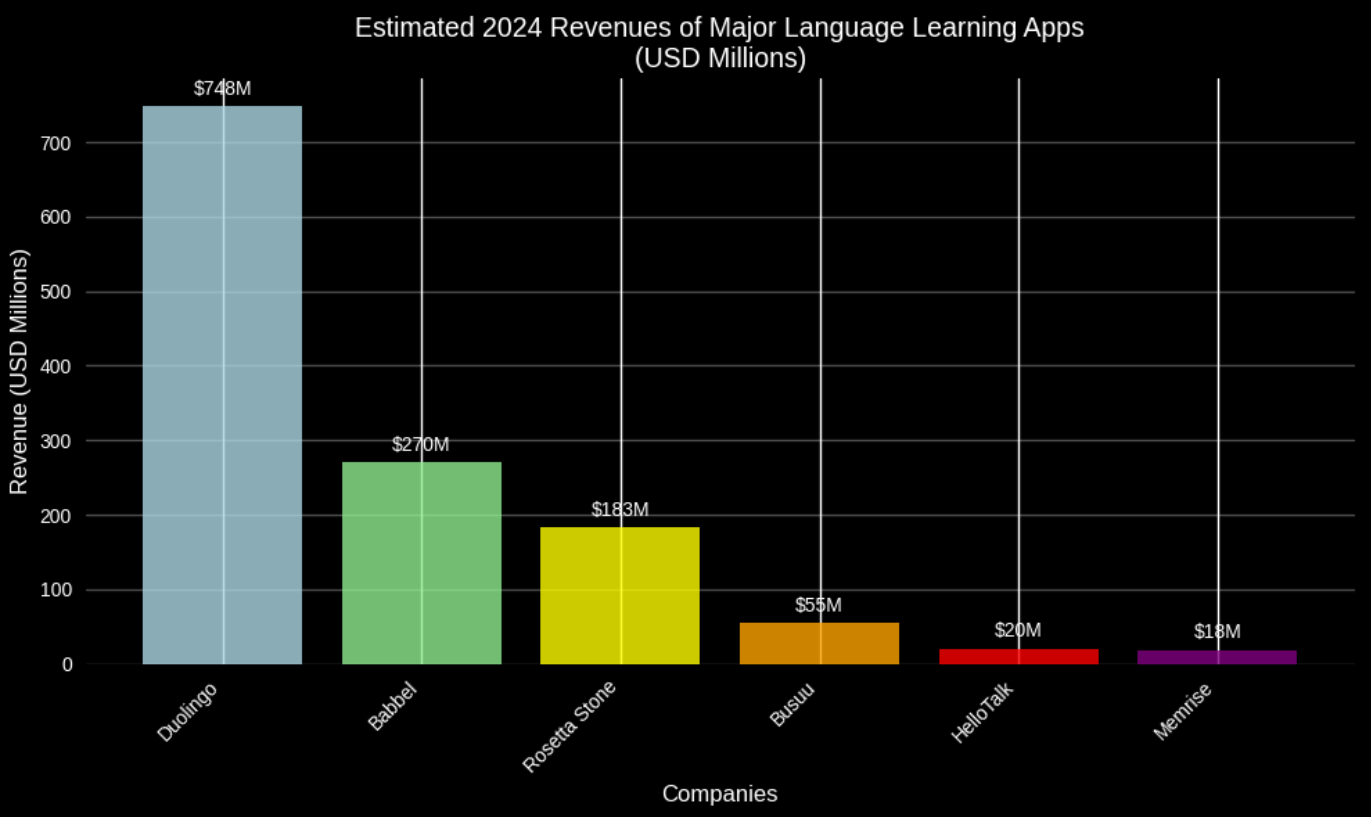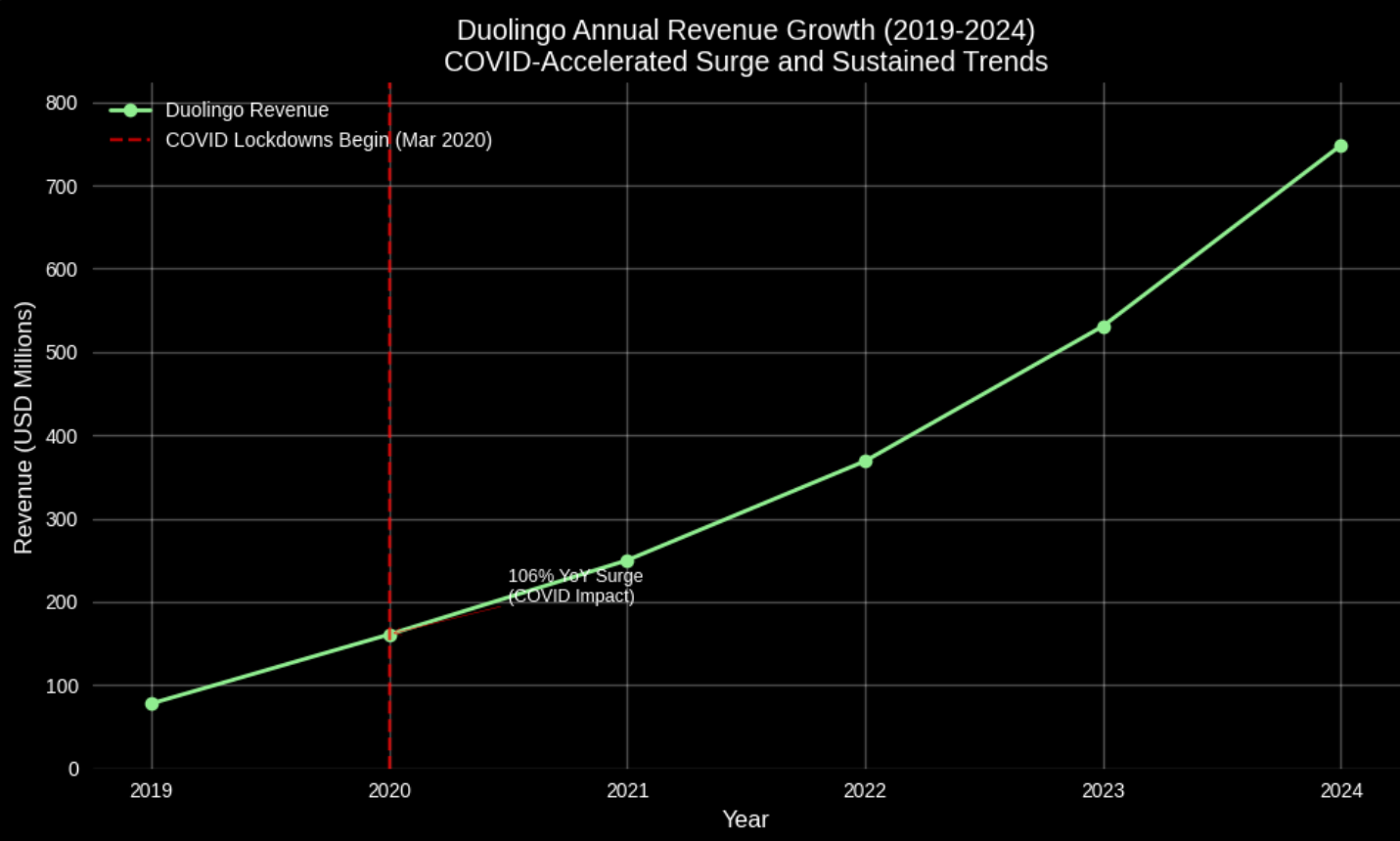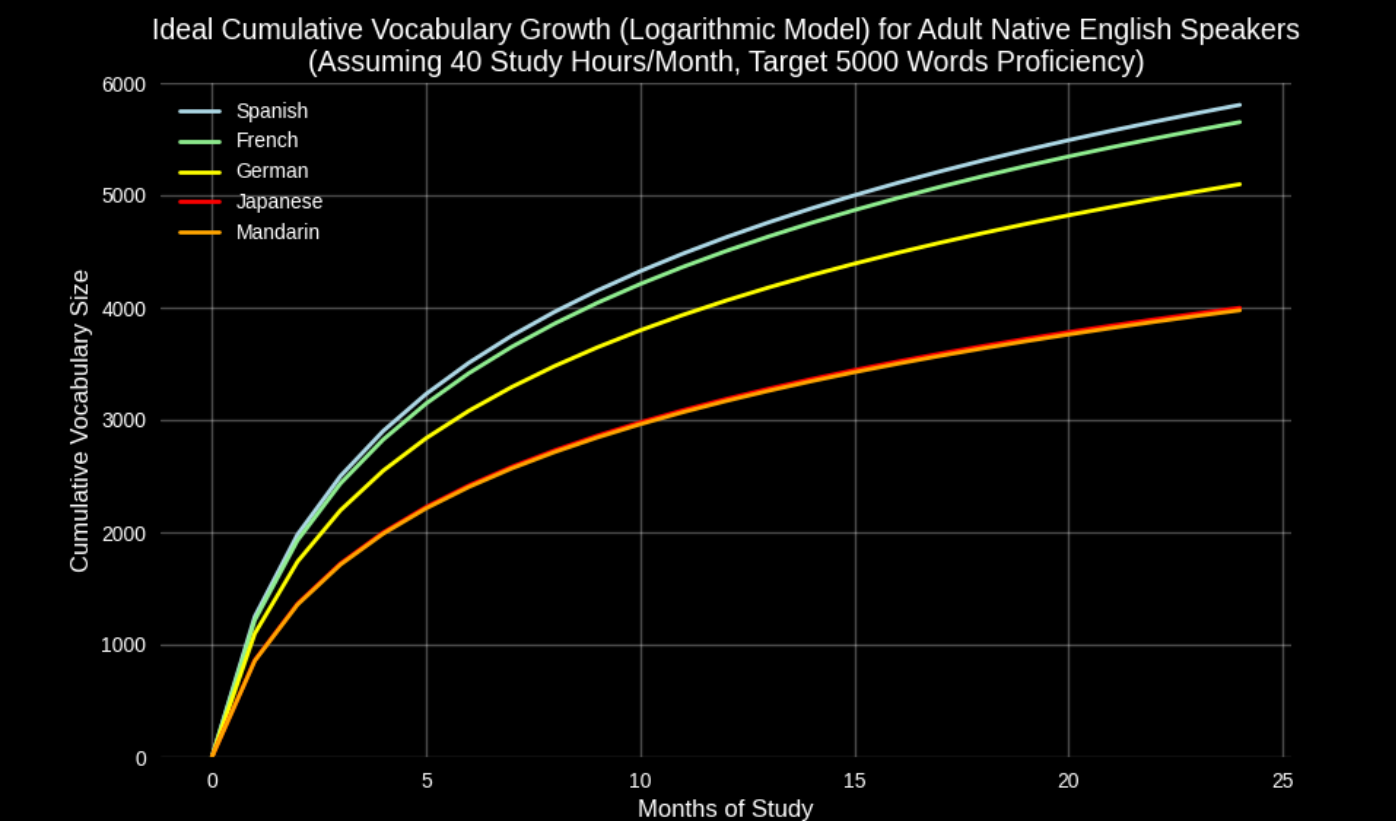More Words
It is common knowledge that as we learn a new language our vocabulary improves with time. There are a lot of study on the subject and we can test something similar, AKA our writing prowess using hive blockchain. @holoz0r created this new tool called Hiver Report Card, where I can easily check over the years how many unique words I have written.

Obviously this is not similar to learning a new language (but we will get to that too), but this only shows perhaps how many new topics I am touching. I am not entirely sure that my English writing skills have improved a lot over the last seven years, but it certainly shows that I am perhaps more sagacious towards new topics. Looks like I had a growth period during 2020s during the covid lockdown, but that flattened a bit during 2023-24. Yet, during 2025, I can see a rejuvenation in my writing. I can see that in the frequency and also in the depth of writing in the following plots below.


In 2025, not only I am writing more, but I am also writing longer posts on various topics. That is the main reason of more unique words in my writing.
New Language
Language study is highly data driven. The global language learning market, encompassing apps, online platforms, in-person courses, and educational tools, was valued at approximately USD 62-64 billion in 2024. This includes both traditional and digital segments, with the online language learning subset alone estimated at around USD 22 billion in 2024, projected to grow to USD 55 billion by 2030 at a CAGR of about 16-20%. Growth drivers include rising demand for multilingual skills in global business, travel recovery post-pandemic, and AI-enhanced apps. The EdTech-specific portion for languages is smaller but booming, at USD 11.7 billion in 2024, expected to reach USD 125 billion by 2034. Key players like Duolingo dominate the digital space (which is also the largest publicly traded company in the space), but the market is fragmented with a mix of freemium apps, subscription-based platforms, and enterprise solutions.

So the reason, I was looking into this is because I am learning Japanese now and my kids are learning French. I remember doing this in the past (not Japanese, but Spanish), and during those days Babel and Rosetta Stone were popular. Nonetheless, during 2020, Duolingo saw a meteoric rise, and took over all competition. The global lockdowns starting in March 2020 triggered a massive surge: new user sign-ups doubled in March alone, with a 101% increase in learners and a 108% jump in global registrations from March 9-30 (148% in the US). This aligned with people seeking productive hobbies, mental stimulation, and skill-building during isolation—Duolingo reported 30 million new users in the weeks following the WHO's pandemic declaration on March 11, 2020. By year-end 2020, cumulative downloads hit 500 million, up 30% YoY, and revenue more than doubled to $161 million (a 106% increase from 2019's $78 million), fueled by heightened app engagement and premium subscriptions.

How hard is a new language?
For any adult this is an open ended question. I started the post with vocabulary, but I will add motivation to it. Most of the studies that I have seen assumes at least 40 study hours per month for a working adult. That may not sound a lot for some, but trust me it is a lot. Especially, if you are doing it consistently. I think this is the most strong point of Duolingo. It forces you to study every day. The content will not make you proficient just by itself, but if you are interested, it will keep you going.

Now the trouble is Japanese. It is considered one of the hardest language to master for a English speaking adult. Notice, in a year of regular study, your Spanish or French vocabulary can be in the 4000+, but you could be lucky to get 2000 or 3000 words of Japanese (Japanese red curve and Mandarin orange curve are right on top of each other). Also I am told that with 4000 words of Spanish you could be 'proficient' in Spanish, but same can't be said for Japanese with 2000 words. Obviously just learning words is not equivalent to learning the whole language. There are many other aspect to it, like grammar, speaking, reading and writing proficiencies. That just muddies the water even more.
New Community I found
Thanks to @dbooster 's previous post, I have found the cross culture community, which doesn't seem very active, but I think we maybe able to change that. Such a nice thought about a community when it was created.
Final thought: My Japanese vocabulary is probably about 60 right now, after 15 days of study. I know that is not a lot, but I didn't miss a single day yet! Phew!
| Japanese | Romaji | English |
|---|---|---|
| こんにちは | konnichiwa | hello (daytime) |
| さようなら | sayonara | goodbye |
| おはようございます | ohayou gozaimasu | good morning |
| こんばんは | konbanwa | good evening |
| ありがとう | arigatou | thank you |
| すみません | sumimasen | excuse me / sorry |
| はい | hai | yes |
| いいえ | iie | no |
| はじめまして | hajimemashite | nice to meet you |
| どうぞ | douzo | please (offering) |
Yes, I can say all these. How much in a sentence and with good pronunciation? Phew!! Please don't ask these difficult questions!
https://www.youtube.com/shorts/1S76td8uPL0
There you have it! Wish me luck!! I do eat pasta every week! And I also know how to ask, where is the toilet? :) :)
すみません、トイレはどこですか
https://www.youtube.com/shorts/cbv0br16eio
No idea when someone answers!! :)
But.........
すし と みず ください
You will only know this if you have done duolingo and cried!! :) :)

